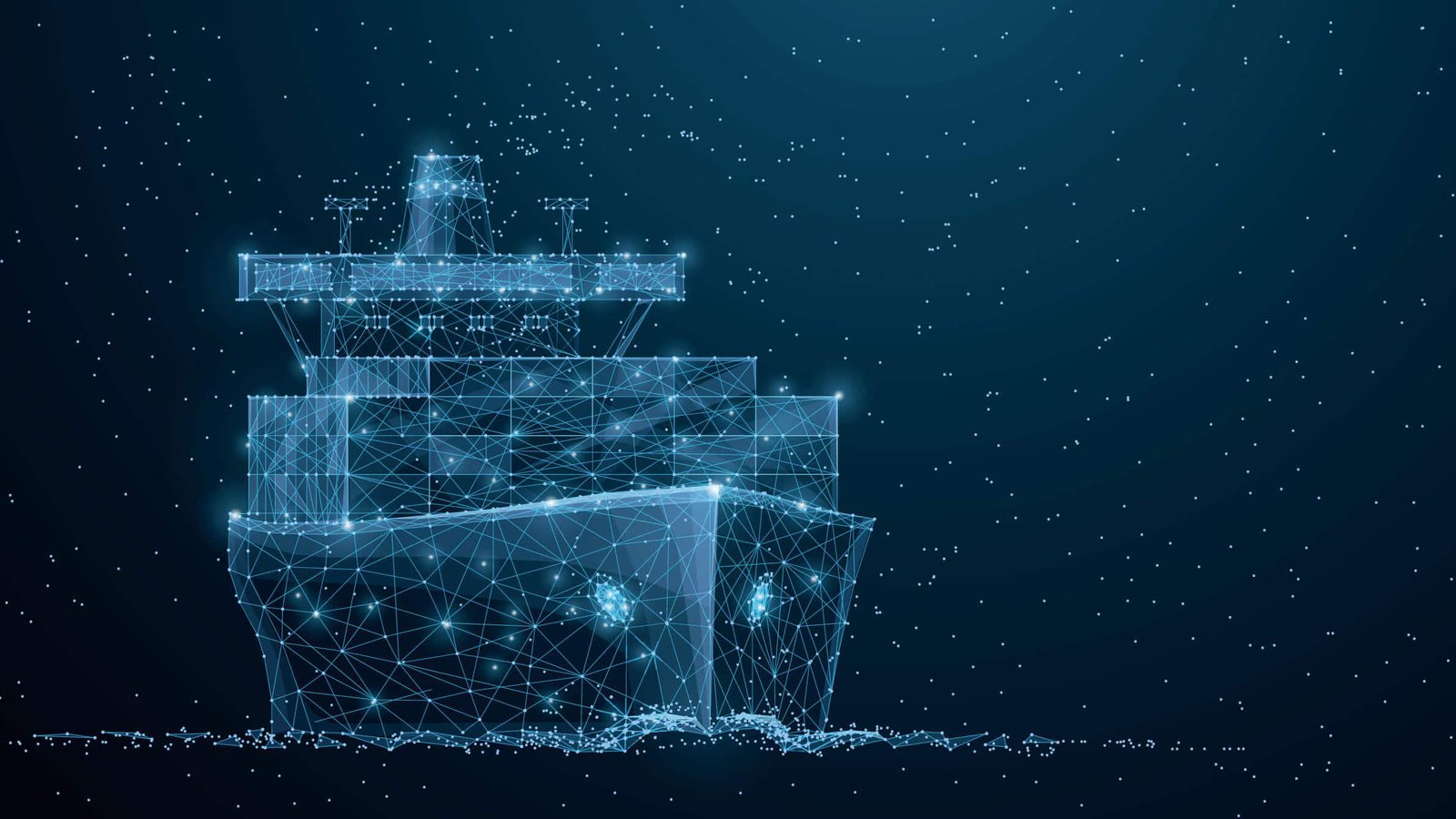Using machine learning to assure safe port navigation

Experts from the University of Liverpool are working alongside two maritime SMEs (Marlan Maritime Technologies Ltd. and Satellite Oceanographic Consultants) to revolutionize the way in which safe port navigation is monitored.
Project outputs will alert port operators to significant reductions in the depth of access channels and the position of dynamic sedimentary features, both of which can lead to significant economic losses and reduced safety. Project outputs are also of value to coastal resource managers who rely on the natural build-up of beach sediment to protect the coast.
The project addresses two areas of the UK Government’s 10 Point Plan for a Green Industrial Revolution. First, in the area of Green Ships (6), project outputs optimize fuel use in dredging operations and port navigation, thus providing an immediate reduction in carbon emissions. Secondly, the project will help to Protect the Natural Environment (9) by reducing the impact of dredge spoil on the environment and maintaining the natural sediment supply for nature-based solutions to coastal flooding and erosion.
The project is exploring how data from satellites, radar monitoring stations and numerical models can be combined to detect changes in water depth close to the coast, and thus target dredging operations more efficiently to minimize the risk of ships running aground. The project applies machine learning and advanced statistical analysis of a data ‘nexus’ to monitor changes in the pattern of waves on the sea surface. From these patterns it is possible to identify changes in sub- and intertidal bathymetry due to siltation or moving sandbanks.
